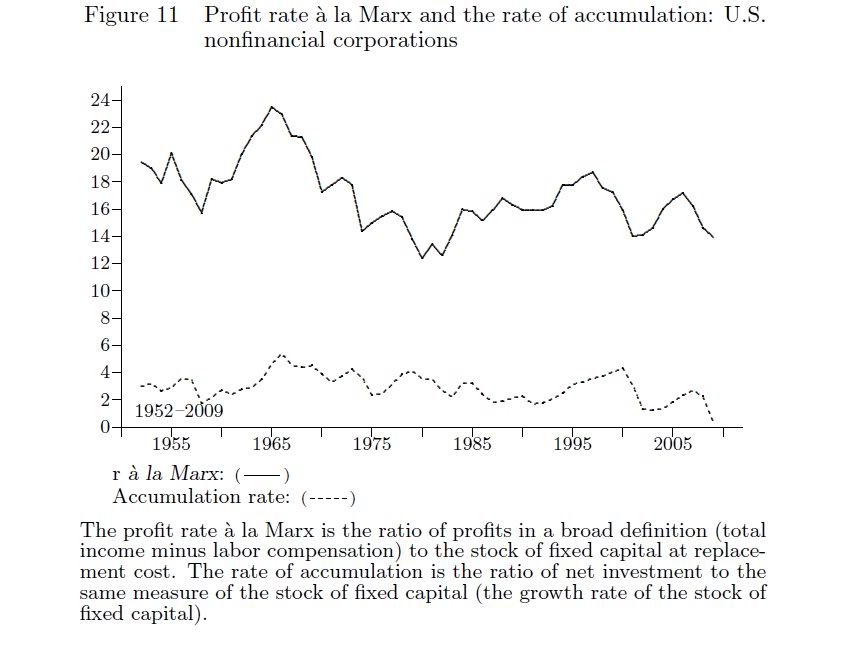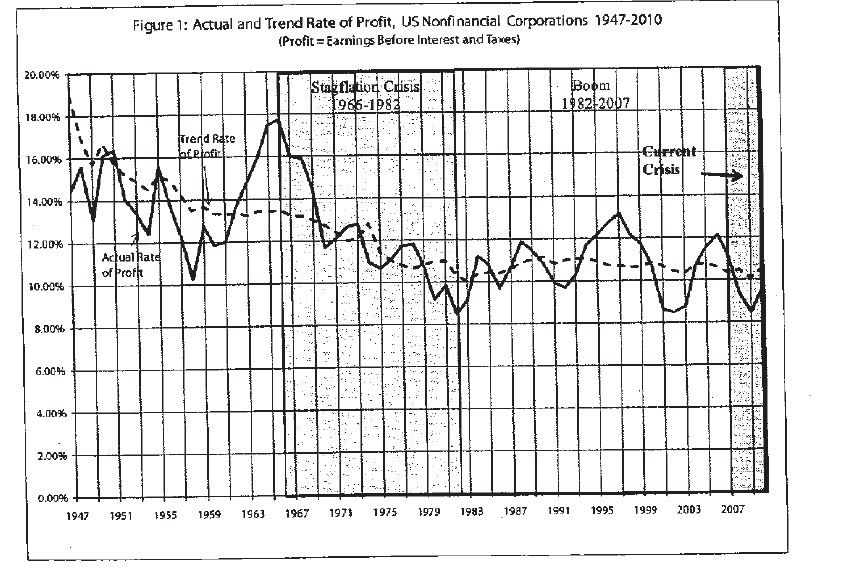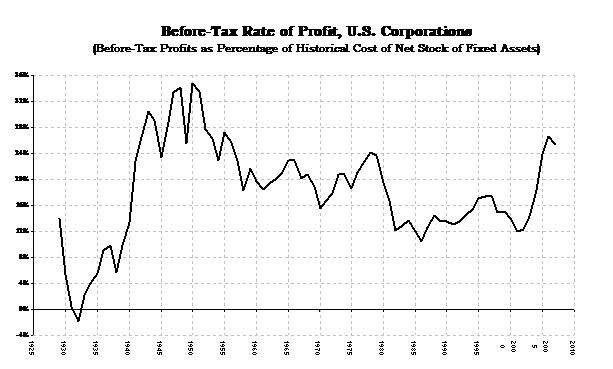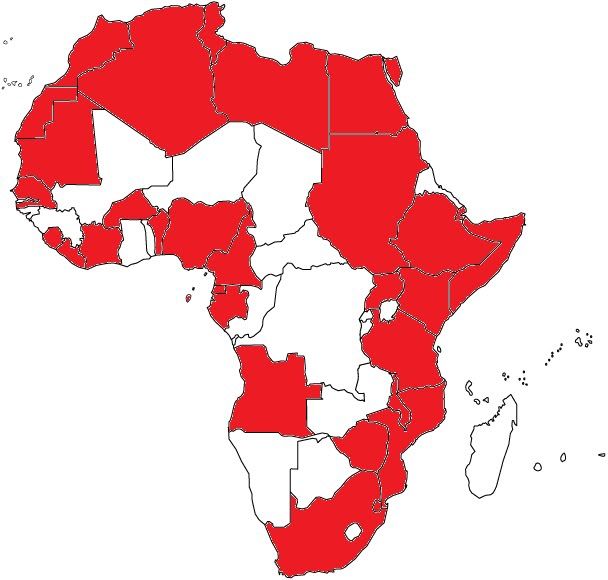What is an organization? It is not an emanation of an Idea (or of an ensemble of ideas called a Program), nor is it a Thing-in-Itself (or an End-in-itself). It is an ensemble of social relationships embedded within a wider set of social relationships, whose purpose is to carry out certain defined aims.
It is from the aim of an organization that its type can be deduced, and its structure and functioning should be determined from the relations within which it exists as a means toward relations of its aims. If an organization, in its internal functioning and interaction with the wider sphere of social relationships, does not accomplish its aims within a reasonable time-scale, then the suspicion would be well-grounded that its actual aims differ from its stated ones. It would thus be a cynical organization.
A political organization is one that is engaged in politics. (Sorry about the apparent tautology.) For that to make sense, however, requires a definition of politics. Among those calling themselves Marxists, most definitions of politics center around the question of the State and State power. This is an adequate definition for most purposes, but it does not include several of the every day uses of the word, nor even all its uses within the corpus of writings by Marx and Engels themselves. For example, let's take one of the places where Marx makes his famous statement that the class struggle is a political struggle, from the Poverty of Philosophy:
Economic conditions had first transformed the mass of the people of the country into workers. The combination of capital has created for this mass a common situation, common interests. This mass is thus already a class as against capital, but not yet for itself. In the struggle, of which we have noted only a few phases, this mass becomes united, and constitutes itself as a class for itself. The interests it defends become class interests. But the struggle of class against class is a political struggle. In the bourgeoisie we have two phases to distinguish: that in which it constituted itself as a class under the regime of feudalism and absolute monarchy, and that in which, already constituted as a class, it overthrew feudalism and monarchy to make society into a bourgeois society. The first of these phases was the longer and necessitated the greater efforts. This too began by partial combinations against the feudal lords. Much research has been carried out to trace the different historical phases that the bourgeoisie has passed through, from the commune up to its constitution as a class. But when it is a question of making a precise study of strikes, combinations and other forms in which the proletarians carry out before our eyes their organization as a class, some are seized with real fear and others display a transcendental disdain.
Note that Marx refers to strikes and "combinations" (e.g. unions) as nascent forms of proletarian political organization. There is no hint of ultimatism which would insist that workers move beyond such activities in order to have their activities christened with the name of politics. Neither a political party engaged in parliamentary struggle, nor a soviet engaged in an insurrectionary seizure of state power, are preconditions to proletarian politics (though they can, as history has shown, be key forms of it). Instead, he refers sarcastically to the attitude that would set such preconditions as "transcendental disdain". Such activities and organizations may not be sufficient to particular tasks, but they are not ends in themselves, rather means toward the formation of the identity of an oppressed class.
Let us also consider some every day uses of the word: "office politics" or "workplace politics". "Family politics." "School politics" or "academic politics". Though all of these can be said to involve the state, to one extent or another, at some level of abstraction or analysis, rarely do these directly involve struggle within, against or over the state, and thus escape the commonplace definitions of politics. The commonplace uses of the word politics tend to bring us back to its etymological root, as the doings that go along with being part of a polis, a member of a civilization.
There are human social relationships that can seem at times to escape the bounds of politics, i.e. those of love and friendship. To borrow language from another philosophical tradition, they can seem so when we treat another person as an end, rather than a means. Viewed from the position of what escapes it, politics is the domain in which human beings relate to one another as means toward an end. To engage in politics is to accept that. No political organization could ever base itself upon Kantian ethics.
This is not an intrinsically bad thing. Means can be justified with reference to the ends that they enable, and some ends are more to be desired than others. A capitalist uses the workers he employs as a means toward the creation of surplus value. The workers, when they engage in collective struggle against that capitalist, treat him as a means toward gaining a better standard of living, and one another as a means of building solidarity and strength in that struggle. Antagonistic social relationships--relationships of class--mean antagonistic ways of engaging toward political ends.
So when Marx says that class struggle is political struggle, a corollary that derived from accepting that view of the world is that political organization is class organization that is sufficient for class aims. What are those aims? Moving right along in Marx:
The condition for the emancipation of the working class is the abolition of every class, just as the condition for the liberation of the third estate, of the bourgeois order, was the abolition of all estates and all orders. The working class, in the course of its development, will substitute for the old civil society an association which will exclude classes and their antagonism, and there will be no more political power properly so-called, since political power is precisely the official expression of antagonism in civil society. Meanwhile the antagonism between the proletariat and the bourgeoisie is a struggle of class against class, a struggle which carried to its highest expression is a total revolution. Indeed, is it at all surprising that a society founded on the opposition of classes should culminate in brutal contradiction, the shock of body against body, as its final denouement? Do not say that social movement excludes political movement. There is never a political movement which is not at the same time social. It is only in an order of things in which there are no more classes and class antagonisms that social evolutions will cease to be political revolutions.
This is one of the clearest statements of the basic hypothesis: that the political aim of the proletariat is its own abolition, as part of the abolition of classes, and therewith the abolition of politics (the relationship of human beings to one another as means) as such. An ambitious hypothesis, that requires ambitious means for its testing and realization (or perhaps, though I shudder at the thought since the likely alternatives are so dire, negation). A fundamental test, then, of whether a given organization is a proletarian political organization (even if in embryonic form) is the vigor of its activity and the scope of its implications.
The counterposition with which I began this--"It is not an emanation of an Idea (or of an ensemble of ideas called a Program), nor is it a Thing-in-Itself (or an End-in-itself)"--was not accidental. When an organization presents itself as the emanation of an Idea or Program ("we represent the genuine continuation of..."), or when its protagonists treat its growth and preservation as an end in itself ("the movement is everything, the goal is nothing"), that is a clear sign that, whatever its other representations it is either not a political organization, or to the extent that it is political, its actual aims differ from any hopes of revolutionary transformation it may put forward.



